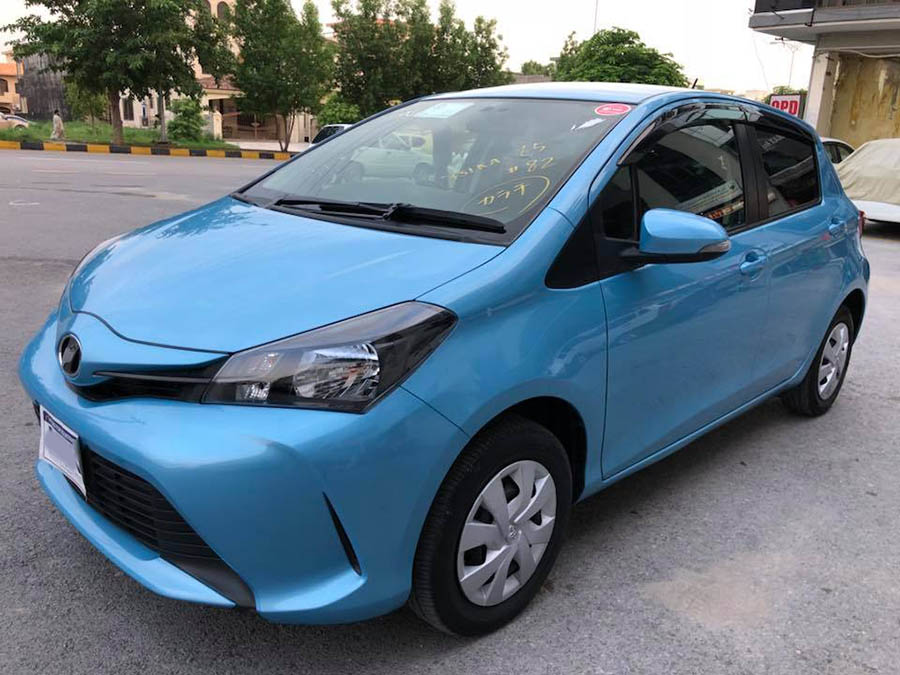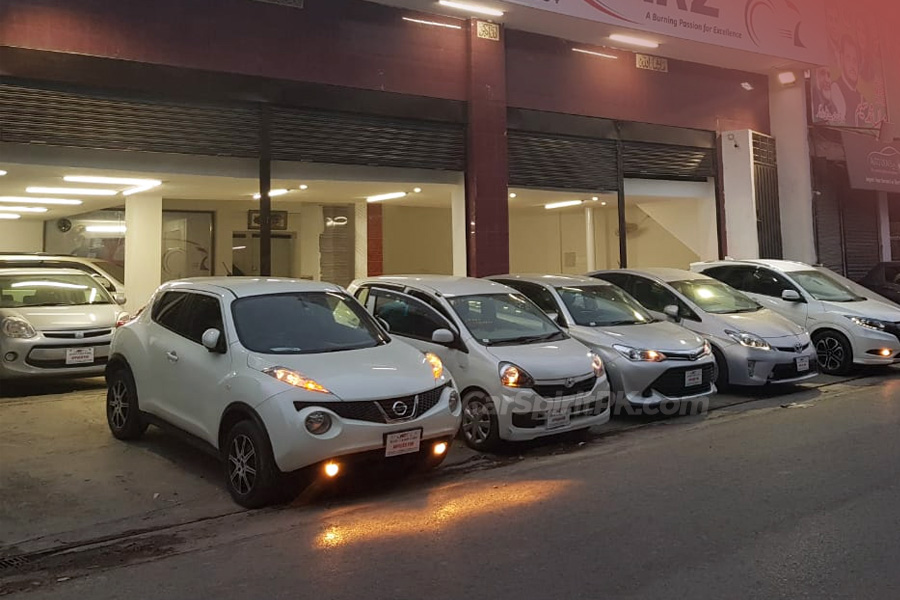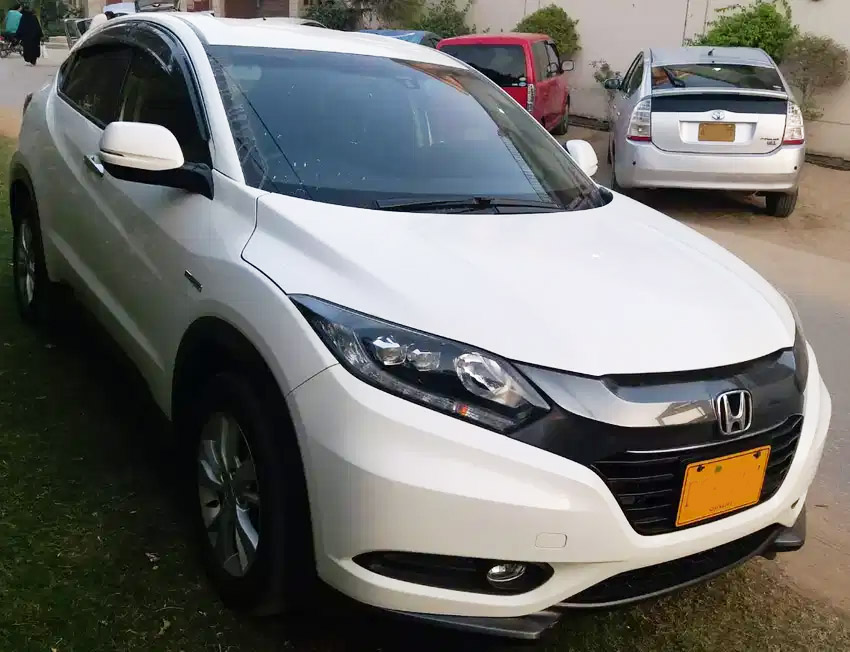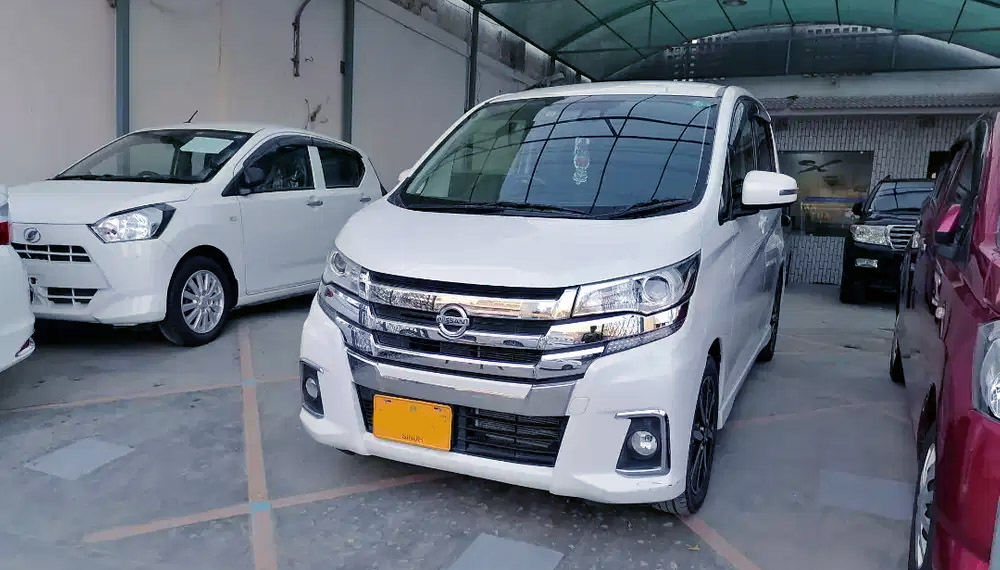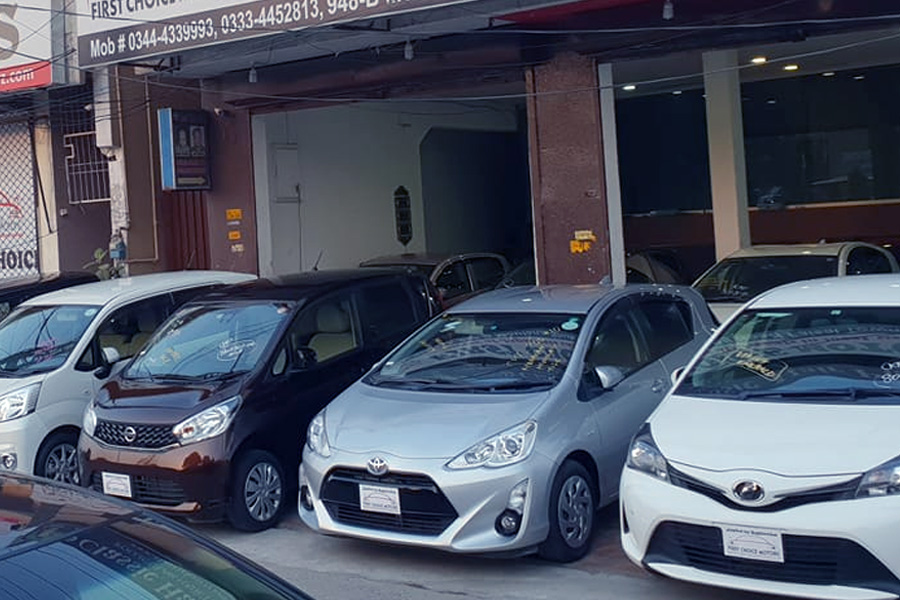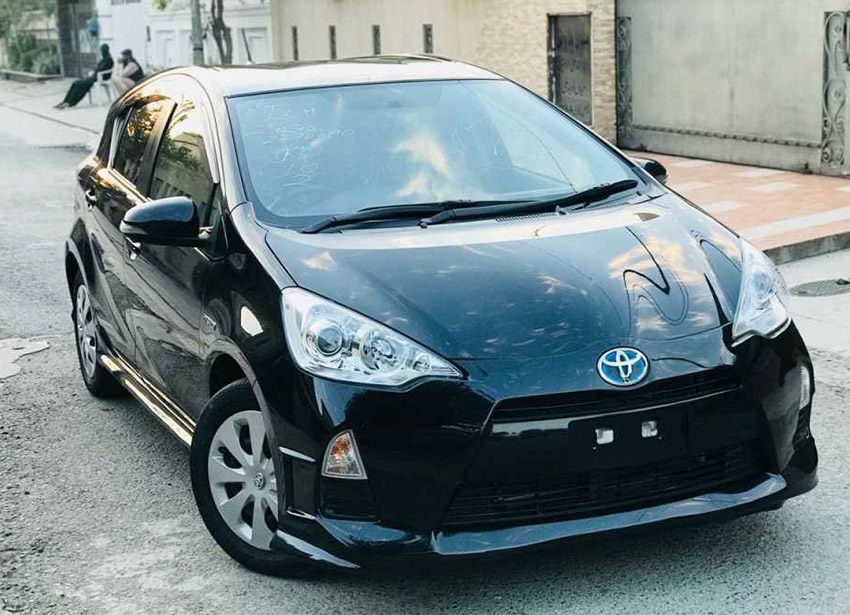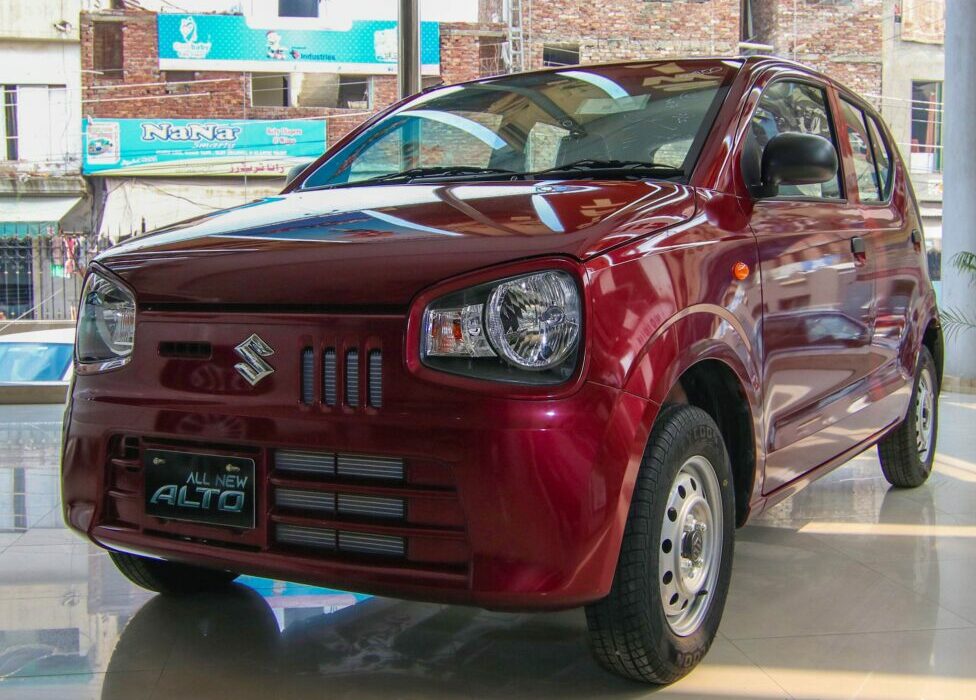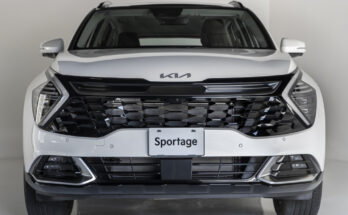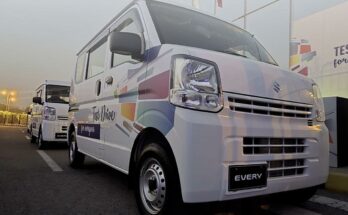When it comes to allowing imports of used JDM (Japanese Domestic Model) cars in Pakistan, there are always two opinions that exist.
Related: Local Auto Industry Defying the Laws of Economics
According to some, the import of used cars shatters the confidence of local auto assemblers as well as the prime investors and is against the spirit of the Auto Policy. Furthermore this school of thought believes that curbing imports of cars actually helps restrict foreign exchange outflows.
Related: Are Local Assembled Cars Only Expensive?
However on the flip side of the coin there are several aspects due to which the import of JDMs is beneficent for the consumers at large. The primary reason is that these used cars actually keep the local assemblers under check. As evident from the fact that ever since this government curbed the import of used JDMs, car prices in Pakistan were revised more frequently than ever; leaving consumers with no choice but to go for locally assembled cars. Furthermore the increase in prices has always been quite sizeable which is never justified since there is literally no improvement in terms of technical specs, safety or equipment on offer in the local assembled cars.
According to the Chairman All Pakistan Motor Dealers Association, H.M. Shahzad:
The government wants to control foreign exchange outflows by restricting car imports. But it should also do something about $818m that local assemblers spent on importing completely and semi-knocked down kits in 2018-19.
Related: Have Local Automakers Artificially Raised the Price Bar?
Despite allegedly achieving up to 70% localization, local assemblers remain heavily dependent on importing CKD kits. The investment, the technology transfer and import substitution that has happened over the years in the automobile value chain has not been enough. Furthermore there is no check & balance by the government whether the industry has really localized as per perceived targets. High-value sophisticated technical parts requiring an advanced level of engineering such as engine, transmission, suspension etc are still being imported.
And that’s one of the key reasons why the prices always remain vulnerable to exchange rates. However during the past 6 months, even when Rupee actually recovered by up to 6% against the Dollar, local assemblers kept pushing the car prices up in order to dampen their declining profit margins.
Related: Low Localization and the Need to Shift to EVs
During all these years subsequent governments did not create an environment for new auto investments to come in the sector while keeping highly protectionist policies in place on imported cars which fended off any whiff of competition for automobile assemblers operating in the country for decades. There is perhaps no example of technology transfer or acquisition of an out-gone vehicle platform that exist in our country.
Ironically the restrictions on used imports have left the buyers with lack of options, and on the mercy of under equipped often globally retired vehicles with compromise over quality, safety & equipment, delayed deliveries and on top of everything the menace of own/ premium.
Related: Import Restrictions Will Benefit Pak Suzuki At Large
According to data, nearly 70,000 used cars were being imported in Pakistan each year before the restrictions took the effect. Out of these, 90% cars were those with 1000cc or below engine displacement. This also goes to show that the current range of locally assembled cars doesn’t meet the customer demand because of which the volumes are low. For example there is a huge demand for small hatchbacks in the market but Honda and Toyota never seemed interested in introducing anything in this segment even when they have quality options offered in other regional markets. Products are not offered according to the purchase power, and the local industry including new entrants is happy to launch super expensive vehicles in the toughest of economic times and then there is a hue & cry that sales are on a decline.
It is the blessing of these used imports that we get to know where the world has reached today and where do we stand. You will find loads of safety features & rich equipment in small Japanese kei cars which remain absent in expensive sedans assembled in our country. Plus the built quality of JDMs is phenomenal; there is simply no comparison between the vehicles produced in Japan versus those assembled locally.
Related: Understanding JDM, Imported & Local Assembled Cars
Recently, the Federal Board of Revenue (FBR) said it suffered massive revenue loss of Rs 22 billion from low tax collection on the import of used vehicles during July-January (2019-20) due to change in import policy for second hand cars.
Although we do believe there is no alternate to a flourishing local industry, but sadly the way how the local assemblers operate, the JDM cars seem to be the need of the day. Government should allow transparent import of these cars to avoid fraudsters importing accidental cars, auction sheets should be made available online and a dedicated government body should oversee the genuine import procedures of these cars to ensure that the schemes aren’t misused.
Related: Local Assembled vs JDM- Which One You’ll Buy?
Perhaps the presence of JDMs in the market will bring down the prices of locally available cars to a somewhat realistic level and the assemblers might face some sort of competition which will eventually give them motivation to improve their game.

A computer animation professional with over 23 years of industry experience having served in leading organizations, TV channels & production facilities in Pakistan. An avid car enthusiast and petrolhead with an affection to deliver quality content to help shape opinions. Formerly written for PakWheels as well as major publications including Dawn. Founder of CarSpiritPK.com

